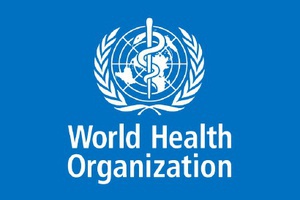
The World Health Organization issues Rapid Communication on key updates to the treatment of drug-resistant TB.
23 August 2024 | Geneva -- Over the past several years, researchers have been testing combinations and durations of medicines to treat multidrug- or rifampicin-resistant tuberculosis (MDR/RR-TB). These regimens include a new 6-month regimen based on bedaquiline (B), delamanid (D), and linezolid (L) in combination with either levofloxacin (Lfx) or clofazimine (C) or both (BEAT-Tuberculosis clinical trial in South Africa, NCT04062201) and a group of 9-month regimens for the treatment of patients with MDR/RR-TB without fluoroquinolone resistance (endTB clinical trial, NCT02754765).
The evidence from these trials has been shared with the World Health Organization (WHO), and a guideline development group (GDG) was convened on 24-27 June 2024 to review this new evidence on the treatment of MDR/RR-TB and pre-XDR-TB, to ensure access to the latest treatment options for eligible patients. This Rapid Communication reports on the key updates and new recommendations that resulted from the decisions made during this GDG meeting. The BPaLM/BPaL regimen, composed of bedaquiline (B), pretomanid (Pa), linezolid (L) and moxifloxacin (M), with moxifloxacin to be dropped in case of the documented resistance to fluoroquinolones, which was first recommended by WHO in 2022, remains the prioritized treatment of choice for all eligible patients with drug-resistant TB. The new regimens recommended in this update represent alternative treatment options for those patients not eligible to receive the BPaLM/BPaL regimen.
The complete and updated 2025 WHO consolidated guidelines on the treatment of TB, drug-resistant TB and patient care will be released in the first quarter of 2025.
WHO gratefully acknowledges the work of the GDG members, the evidence reviewers, national TB programmes, WHO staff, technical and funding partners, community and civil society representatives, the data contributors, patients and their caregivers, and all others who contributed to the data to inform this guideline update.
Source: WHO